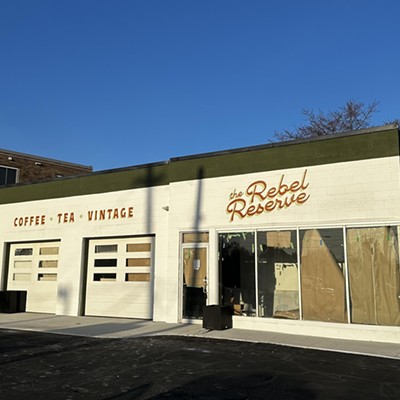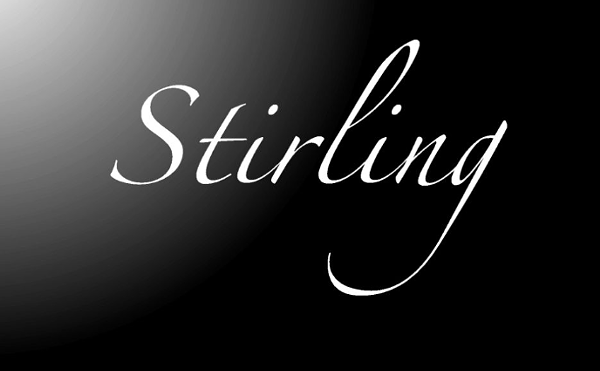Taking Woodstock director Ang Lee (Crouching Tiger, Hidden Dragon, Brokeback Mountain) was a teenager living in Taiwan when Woodstock took place a world away in upstate New York. For him, the lunar landing — which occurred about a month before the massive concert — was a bigger event. But he had a sense that Woodstock would become historically significant.
"The myth of Woodstock built over the years," he says. "When it happened, I was preparing my high-school exam. It was nothing that big, not like the moon landing. I saw Woodstock on the news on a black-and-white television, and it seemed like a lot of people were there. It looked cool, and we admired America in every which way. But even at the age of 14, I could tell something was changing."
Lee used Elliot Tiber's memoir Taking Woodstock: A True Story of a Riot, a Concert and a Life as the basis for the film. The movie follows Tiber — a young, closeted gay Jewish kid — as he helps bring the festival to Bethel, New York. The film, which Lee describes as "a comedy without cynicism," dramatizes the events leading up to Woodstock.
The story is told through the eyes of Elliot (Demetri Martin), who's trying to help his parents (Henry Goodman and Imelda Staunton) keep their tiny Catskills motel from foreclosure. When he sees a newspaper article about the cancelation of a nearby concert, he contacts organizer Michael Lang (Jonathan Groff) and puts him in touch with Max Yasgur (Eugene Levy), who owns an enormous dairy farm down the road. The two work out a deal and the concert is scheduled, though Elliot (and everyone else, for that matter) has no idea about the scope of what's about to take place.
As more and more people start arriving on the site (at times, the movie's so crowded with long-haired extras, it looks like Richard Linklater's Dazed and Confused), Elliot befriends a cross-dressing Marine (Liev Schreiber) and a half-psychotic Vietnam vet (Emile Hirsch) who open his eyes to a larger world. And though he hasn't officially come out to his family yet, he finds that being surrounded by so much free love and hippie culture makes it easier for him to accept the fact that he's gay.
"Our lead just happened to be gay; it's just part of the story, like many parts of Woodstock," says Lee. "I didn't avoid it, but I didn't make too much out of it either."
While the movie includes nearly a dozen snippets of songs that were played at Woodstock, you never see a single live performance in Taking Woodstock. All the songs are heard in the background. Lee says this was by design. And in that respect, the movie stays faithful to the concert's true spirit and captures the way it became a cultural happening.
"My perspective, and that of many of the people there, is that the concert had little to do with what was happening on the stage," he says. "Unless you were a documentary filmmaker on the stage, you don't see the stage or hear it very well. Taking Woodstock means taking Woodstock to heart. That's the essence of Woodstock. That's the reality now; it's a legend. It's like seeing God. It's better you don't personalize or see it too clear because it belittles it."









